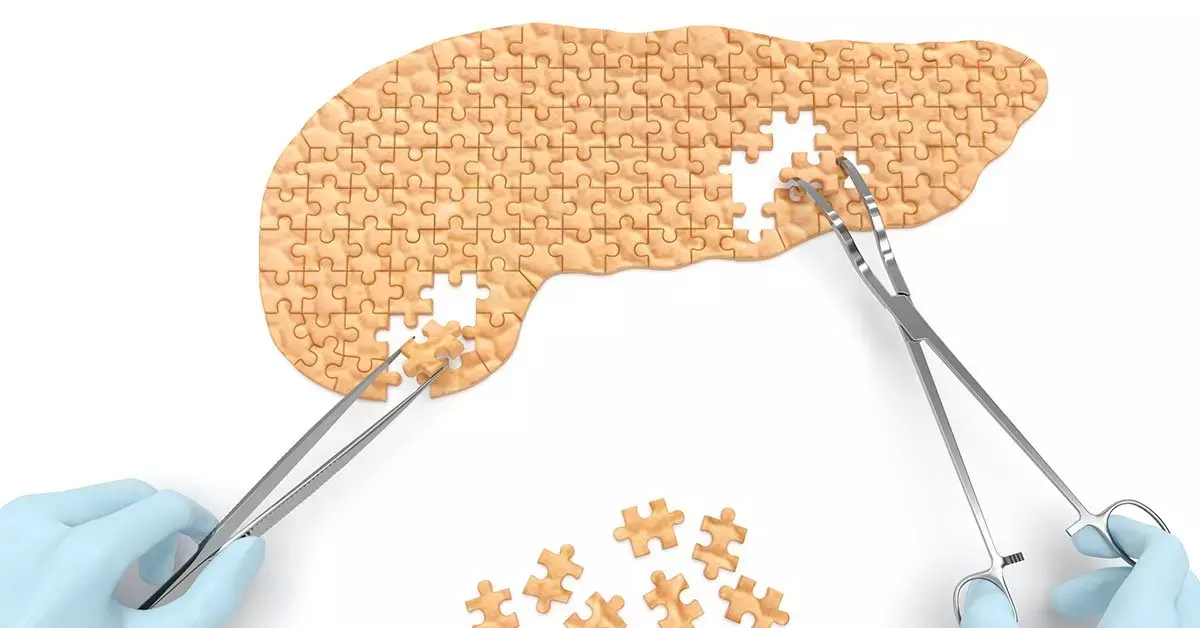- Home
- Medical news & Guidelines
- Anesthesiology
- Cardiology and CTVS
- Critical Care
- Dentistry
- Dermatology
- Diabetes and Endocrinology
- ENT
- Gastroenterology
- Medicine
- Nephrology
- Neurology
- Obstretics-Gynaecology
- Oncology
- Ophthalmology
- Orthopaedics
- Pediatrics-Neonatology
- Psychiatry
- Pulmonology
- Radiology
- Surgery
- Urology
- Laboratory Medicine
- Diet
- Nursing
- Paramedical
- Physiotherapy
- Health news
- Fact Check
- Bone Health Fact Check
- Brain Health Fact Check
- Cancer Related Fact Check
- Child Care Fact Check
- Dental and oral health fact check
- Diabetes and metabolic health fact check
- Diet and Nutrition Fact Check
- Eye and ENT Care Fact Check
- Fitness fact check
- Gut health fact check
- Heart health fact check
- Kidney health fact check
- Medical education fact check
- Men's health fact check
- Respiratory fact check
- Skin and hair care fact check
- Vaccine and Immunization fact check
- Women's health fact check
- AYUSH
- State News
- Andaman and Nicobar Islands
- Andhra Pradesh
- Arunachal Pradesh
- Assam
- Bihar
- Chandigarh
- Chattisgarh
- Dadra and Nagar Haveli
- Daman and Diu
- Delhi
- Goa
- Gujarat
- Haryana
- Himachal Pradesh
- Jammu & Kashmir
- Jharkhand
- Karnataka
- Kerala
- Ladakh
- Lakshadweep
- Madhya Pradesh
- Maharashtra
- Manipur
- Meghalaya
- Mizoram
- Nagaland
- Odisha
- Puducherry
- Punjab
- Rajasthan
- Sikkim
- Tamil Nadu
- Telangana
- Tripura
- Uttar Pradesh
- Uttrakhand
- West Bengal
- Medical Education
- Industry
Acute pancreatitis patients likely to develop deep vein thrombosis: Study

Chandigarh: In patients with acute pancreatitis (AP) requiring hospitalization, the incidence of deep vein thrombosis (DVT) is 5% and increased disease severity and death are closely associated, says an article published in Digestive Diseases and Sciences.
The incidence and risk factors for extremity deep vein thrombosis (eDVT) in individuals with acute pancreatitis are rarely studied. In order to determine the prevalence of eDVT and investigate the value of clinical ratings in predicting eDVT in admitted patients with acute pancreatitis, Terence Susngi and colleagues did this study.
In this study, acute pancreatitis patients were prospectively recruited and underwent weekly eDVT screening for the duration of their hospitalization. Weekly calculations were also performed on Well's and Padua's scores. On the basis of a contrast-enhanced CT scan of the abdomen, the incidence of venous thrombosis (eDVT and splanchnic thrombosis) was recorded, and the risk variables were identified using multivariate analysis. The development of DVT was correlated with the Well's and Padua's scores using Pearson's correlation.
The key findings of this study were:
1. 73% of the 102 acute pancreatitis patients who were recruited had necrotizing pancreatitis.
2. 46 patients (45.1%) in total experienced thrombosis, of which 43 experienced splanchnic vein thrombosis, 5 experienced eDVT, and 1 experienced pulmonary embolism.
3. Patients with eDVT exhibited higher BISAP scores, greater death rates, and higher rates of mechanical ventilation (60% vs. 8.2%).
4. In comparison to Pauda's score, Well's score of 2 exhibited a greater connection with the development of eDVT and had sensitivity and specificity of 80% and 96.9% for eDVT prediction.
In conclusion, overall thrombotic problems were 45% more common in AP patients, whereas eDVT was 5% more common. Necrotizing pancreatitis, more worse illness, and greater mortality are all linked to eDVT. In ordinary clinical practice, the Well's score is helpful for predicting the emergence of eDVT.
Reference:
Susngi, T., Shah, J., Bhujade, H., Jearth, V., Singh, A. K., Mandavdhare, H. S., Sharma, V., Gupta, R., Rana, S., & Dutta, U. (2022). Deep Venous Thrombosis in Acute Pancreatitis Is Associated with High Mortality: A Prospective Study. In Digestive Diseases and Sciences. Springer Science and Business Media LLC. https://doi.org/10.1007/s10620-022-07617-2
Neuroscience Masters graduate
Jacinthlyn Sylvia, a Neuroscience Master's graduate from Chennai has worked extensively in deciphering the neurobiology of cognition and motor control in aging. She also has spread-out exposure to Neurosurgery from her Bachelor’s. She is currently involved in active Neuro-Oncology research. She is an upcoming neuroscientist with a fiery passion for writing. Her news cover at Medical Dialogues feature recent discoveries and updates from the healthcare and biomedical research fields. She can be reached at editorial@medicaldialogues.in
Dr Kamal Kant Kohli-MBBS, DTCD- a chest specialist with more than 30 years of practice and a flair for writing clinical articles, Dr Kamal Kant Kohli joined Medical Dialogues as a Chief Editor of Medical News. Besides writing articles, as an editor, he proofreads and verifies all the medical content published on Medical Dialogues including those coming from journals, studies,medical conferences,guidelines etc. Email: drkohli@medicaldialogues.in. Contact no. 011-43720751


